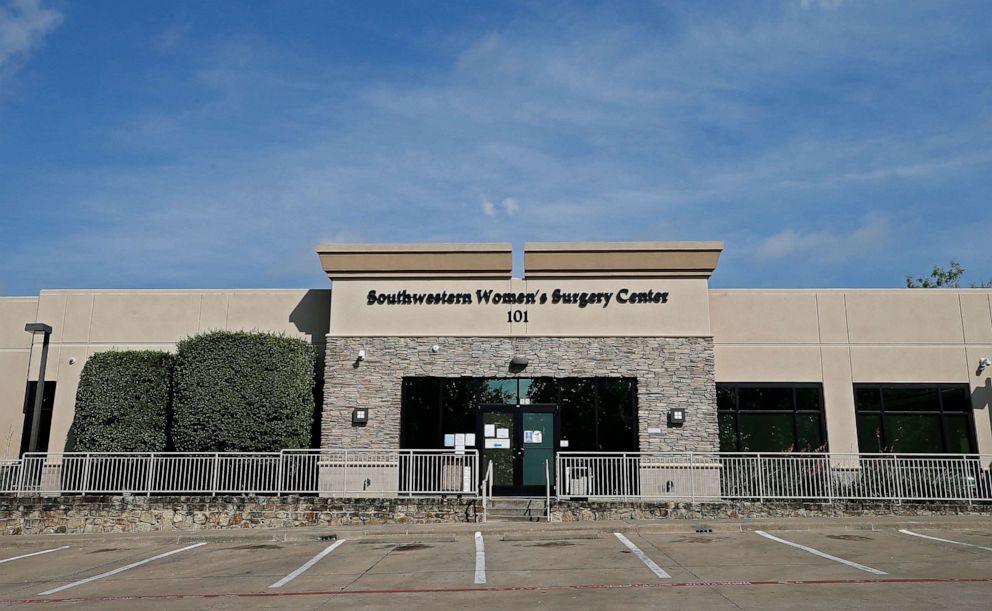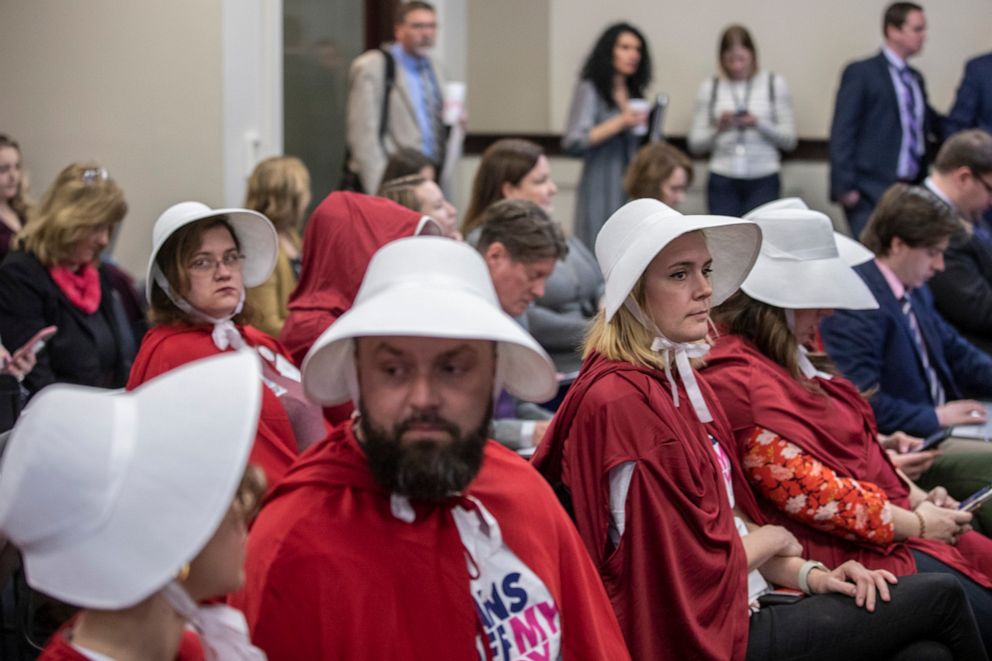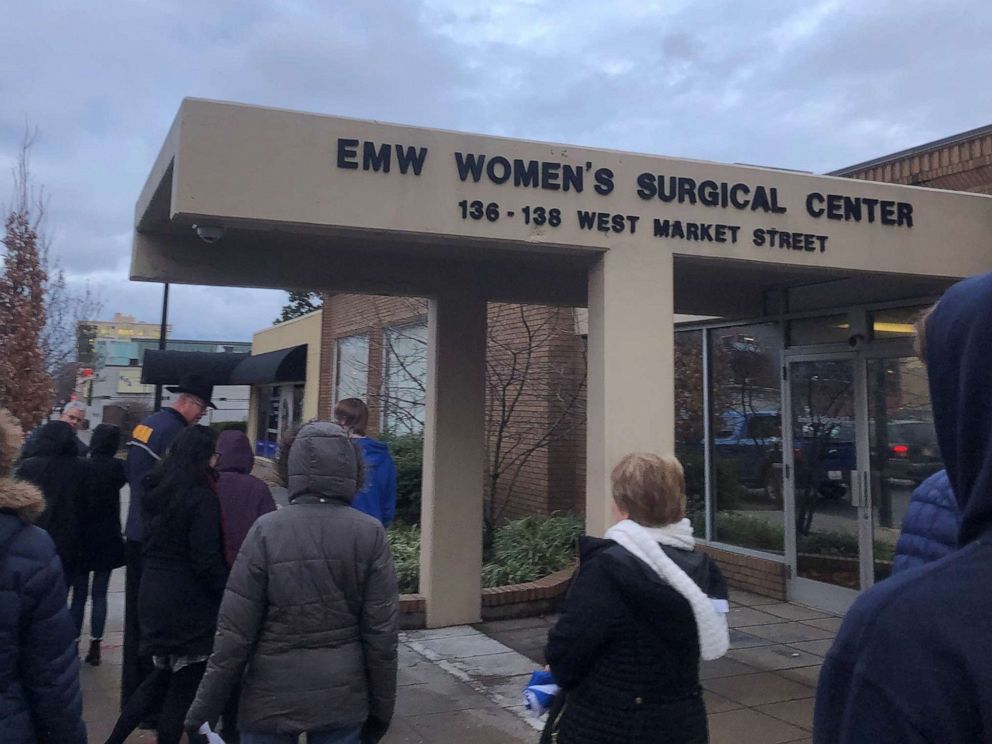Abortion funds see an increase in calls during the coronavirus pandemic
The increase in need comes as unemployment reaches new highs.
As the novel coronavirus continues to impact most aspects of American life, including health care, abortion funds across the country are reporting that calls for assistance have increased.
Abortion funds provide money and other forms of assistance to patients seeking abortions, including to help cover the cost of the procedure itself as well as associated costs like transportation, child care and hotel stays as getting an abortion for many U.S. patients involves traveling long distances to clinics and multi-day processes due to state laws.
The Tampa Bay Abortion Fund reported a 30% increase in callers in April from March, and the Chicago Abortion Fund reported a 35% increase in callers in March and April from February, marking a total year-over-year increase of more than 140%. The Chicago fund notes the yearly increase started before the pandemic, in part due to an increase in restrictive laws around Illinois, but recently it has been seeing an increase in callers who needed the full price of the procedure funded, rather than just a percentage.
Fund Texas Choice and Women Have Options in Ohio report they have had to increase their spending and funding since the pandemic hit in March. Other funds, like the New Orleans Abortion Fund, have become more proactive, increasing outreach and ads so patients can access care.
These increases in need come as the country is facing historic unemployment levels, meaning that people are less able to pay for unexpected costs like those associated with accessing an abortion. And while anti-abortion legislators have been working to shut down access for years, the pandemic has sparked new fights as some state lawmakers seek to label abortion a nonessential procedure.

"All of this, plus the worst unemployment rate since the Great Depression, means people who might not have had the need to call an abortion fund a month ago are now facing economic instability and uncertainty, new difficulties affecting their parenting options and a landscape more hostile to their reproductive choices. As a result, the need for abortion funds only grows," Yamani Hernandez, executive director of the National Network of Abortion Funds, which serves as the umbrella organization for the local funds, told ABC News.
Hernandez noted that the pandemic hit in the midst of the national network's annual fundraising push, which was expected to raise $2 million, so funds are facing even more of a crunch. Even so, she said, "Abortion funds know what it means to fill the gaps of a public health crisis, and that’s what we’ll continue to do now."

In Kentucky, one of several states with only one abortion clinic, the state attorney general called for abortion providers to stop providing care in the midst of the coronavirus pandemic in March. Gov. Andy Beshear, a Democrat, vetoed a bill pushed by Republican lawmakers in late April that would have given Attorney General Daniel Cameron the authority to ban abortion procedures during the outbreak.
"Kentucky's anti-abortion laws created the foundation for even more restricted access during the pandemic," Meg Sasse Stern, support fund director for Kentucky Health Justice Network, told ABC News.
Kentucky Health Justice Network also reported an increase in calls since March, adding that many callers said they are delaying accessing abortion care because of worries about, and practical barriers created by, coronavirus.
"Transportation and child care remain the largest hurdles that Kentucky patients face, and having to overcome those hurdles has caused patients to delay care," Stern said.

Typically, Kentucky Health Justice Network can help patients by driving them to appointments, but Stern said because of coronavirus "drivers can no longer drive to rural areas to pick up patients for appointments, creating more challenges for the caller."
Stern also expects the increase in calls for need to continue into the summer with the shelter-in-place orders, "just as we see after a winter storm event."
"Even during a pandemic, people will still need abortions, and regardless of when or why folks need support accessing abortions, we are here to accompany them," Stern said.




